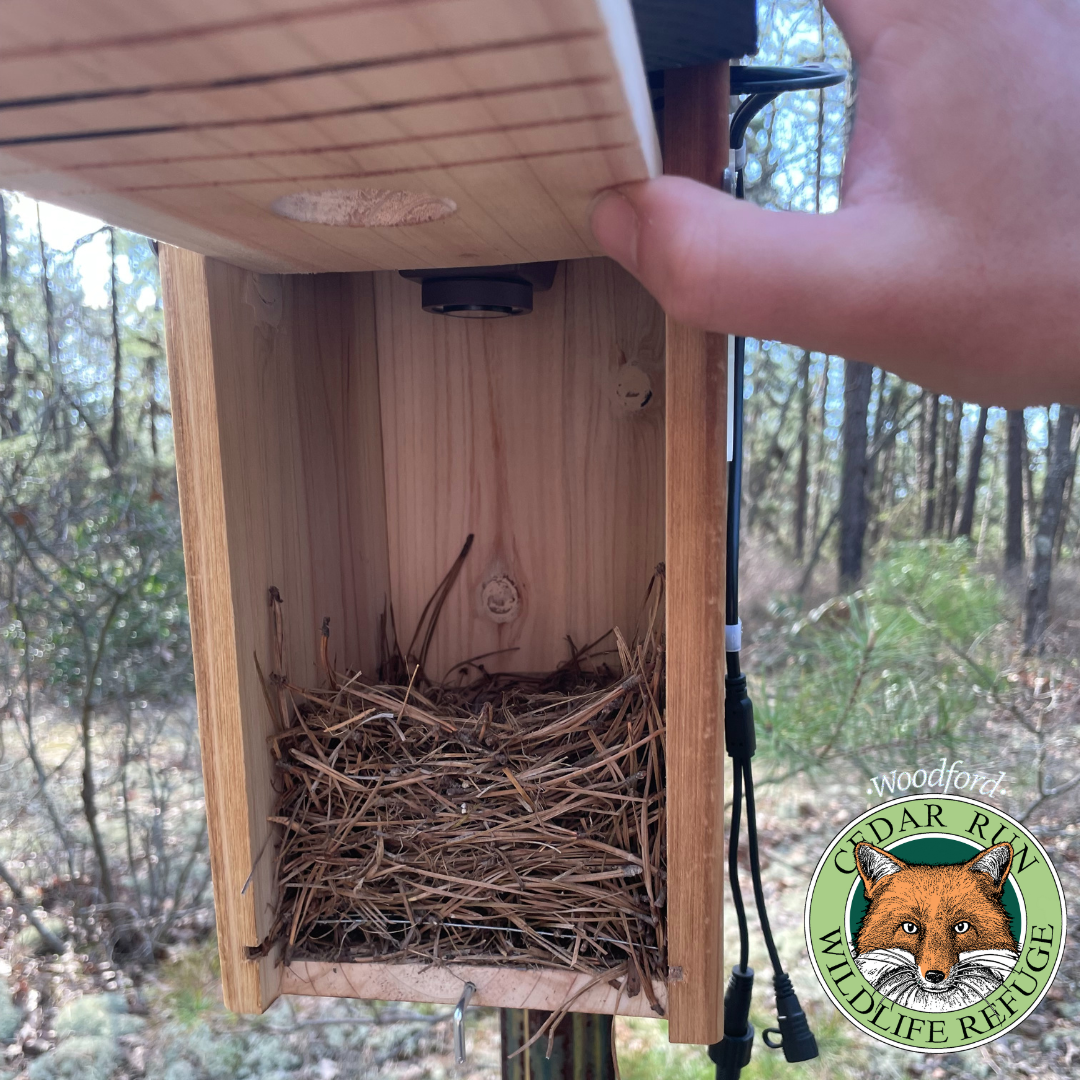 Humans are an advanced species. We are self-aware; we are acknowledged as the most intelligent creatures on the planet, and we are easily resourceful and adaptable. When the time came, we grabbed our mates who we convinced we were their best suitor through a series of grunts and melodic tones that we happen to call vocabulary; and we traded in our caves for
Humans are an advanced species. We are self-aware; we are acknowledged as the most intelligent creatures on the planet, and we are easily resourceful and adaptable. When the time came, we grabbed our mates who we convinced we were their best suitor through a series of grunts and melodic tones that we happen to call vocabulary; and we traded in our caves for
giant structures that we crafted out of lumber, stone, and vinyl. Humans are so smart, that more often than not, we forget that we are just animals.
The year is 1970, the housing market is at an all-time low. The blue-collared bachelor tries desperately to search for a place to call his own. He wants the American dream- the house, the wife, the family. But his species’ population is down 92% across the country. Hole after hole he flies, carrying his briefcase of dry grasses and pine straw. He briefly dances with excitement! Fluttering his wings and bopping about, hoping he may catch the eye of a red-breasted suitor and elated that he may have finally found his own home, only to discover that the cavity is occupied. The immigration of the European Starling has saturated an already limited market, caused by land development to make room for the giant human structures, along with the hardships induced by their fascination with insect-free lawns. He tries one more time, grasses, pine needles, and now a bluebird lady in tow. He is young and adaptable. This cedar box was not the former residence of the woodpecker he was hoping for, for their design and construction are unparalleled. He hops inside and finds comfort in its coziness. The smell of fresh cedar, a hole so perfectly the right size, the recessed floor, a sloped roof, built-in ventilation and drainage, galvanized metal sticks holding the nest together, and built-in predator protection. And the time came that he decided to trade in a cavity, for a bluebird box. He knows he can raise a family here, and more importantly that they will be safe. He peeks his head out. In and out, in and out, he flies with a light melodic call showing his newfound mate this house. She agrees, gets to work, and makes this house a home.
Humans are an advanced species, we are self-aware. Eventually, we realize the consequence of our own actions. We are intelligent. We created a community, spoke amongst ourselves, and decided we needed to make a change. We are resourceful and adaptable. We put together a blueprint, got out our notebooks, and recorded our observations after a long day at the office, taking care of our own kids, and tending to our lumber, stone, and vinyl caves. When the time came, we turned our hand of destruction into a helping hand. Humans are so smart, that more often than not, we forget that we have the power to make a difference. Our power lies in numbers. We can, and we will save the world, one species at a time.
created a community, spoke amongst ourselves, and decided we needed to make a change. We are resourceful and adaptable. We put together a blueprint, got out our notebooks, and recorded our observations after a long day at the office, taking care of our own kids, and tending to our lumber, stone, and vinyl caves. When the time came, we turned our hand of destruction into a helping hand. Humans are so smart, that more often than not, we forget that we have the power to make a difference. Our power lies in numbers. We can, and we will save the world, one species at a time.
Woodford Cedar Run would like to thank a special donor Green Backyard. Green Backyard is joining Cedar Run’s conservation efforts by generously donating an innovative cedar bird box! Not only are they outfitted with two completely weatherproof 2.5mm ultra-wide angle lens WIFI cameras, but they are also structurally some of the best on the market. This new nest box and cameras will allow us to capture footage, and directly monitor a bluebird family’s nesting, and baby season. You too can directly join Cedar Run’s BlueBird Research Team conservation efforts! Follow the link below to view Cornell’s NestWatch blueprints for bluebird boxes. Build a box and donate it to Cedar Run to utilize for our bluebird project revamp, or monitor your very own backyard bluebird family.

